When Marina Lacerda learned that House Republicans had released thousands of new Jeffrey Epstein–related documents, she said she braced herself — not for silence, but for another storm.
Lacerda, 37, known for years in court records as “Minor Victim-1,” has become one of the most prominent voices calling for the full release of Epstein’s government files. Her decision to waive anonymity earlier this year marked a turning point in a scandal that continues to rattle politics, celebrity culture, and America’s justice system.
“I thank Donald Trump for calling us a hoax,” she said this week. “Because now you’ve made people listen to us even more.”
Lacerda’s statement came after emails were released showing Epstein referring to Trump as “the dog that hasn’t barked” — a phrase implying Trump was aware of his activities but had avoided public scrutiny. The White House immediately called the correspondence a “fake narrative,” while survivors and advocacy groups renewed calls for transparency.
The Survivor Behind “Minor Victim-1”
Lacerda’s story stretches back to 2002, when, as a 14-year-old immigrant from Brazil, she was introduced to Epstein under the pretense of giving massages for cash. Her first visit to Epstein’s Manhattan townhouse left her frightened and confused.
“It was absolutely different than what I expected,” she told The Guardian. “He wanted to touch me, and when I said no, he respected that — but then he touched himself.”
The encounters escalated over time. Epstein, she said, used her immigration status as leverage, promising to help her if she cooperated and threatening to withhold assistance if she didn’t. “He told me he owned the government, the banks, everything,” she recalled. “That scared me. He raped me until I was 17.”
Lacerda was also coerced into recruiting other young girls. The abuse only stopped when she began looking “too old” for Epstein’s preference.
Years later, the FBI contacted her as part of the original investigation, but Epstein’s 2008 plea deal effectively shielded him and many of his associates from prosecution. When the financier was arrested again in 2019, her testimony became central to the federal case before Epstein’s death in custody.
Political Pressure and the Fight for the Files
The recent document release — reportedly part of a 20,000-page trove obtained by the House Oversight Committee — has intensified tensions in Washington. Democrats accuse Republicans of selectively releasing files to protect certain figures while implicating others. Republicans, meanwhile, allege Democrats are withholding documents that mention high-profile liberal names.
The Justice Department holds the remaining unredacted Epstein files, but their release requires executive authorization — meaning the Trump administration retains control over timing and disclosure. This has created a fierce standoff between branches of government.
Survivors like Lacerda say the politics only deepen their pain. “We don’t care whose fault it is,” she said. “We just want the files out — for closure and justice.”
Legal experts note that the Department of Justice and the White House Counsel’s Office have final authority to lift classification and approve public release, though congressional subpoenas can compel partial disclosure. This tug-of-war, now unfolding ahead of a scheduled House vote next week, underscores the fragile balance between privacy, prosecution, and political leverage.
The Cost of Silence
For Lacerda and others, the issue is not merely about the past. It’s about institutional accountability — and what happens when powerful people control information tied to abuse and exploitation.
Epstein’s network of influence extended through finance, politics, academia, and royalty, and the recent releases have reignited questions about who enabled him. Lacerda says she saw photographs of Donald Trump, Bill Clinton, and Andrew Mountbatten-Windsor displayed in Epstein’s office — evidence, she argues, of how he flaunted his connections.
“He told me he had power over everybody,” she said. “It wasn’t just about sex — it was about control.”
Virginia Giuffre, another key accuser whose posthumous memoir “Nobody’s Girl” was published earlier this year, named Epstein, Ghislaine Maxwell, and Mountbatten-Windsor as her abusers. Giuffre’s death in April galvanized survivors to continue advocating for the truth.
Lacerda now sees her role as part of that legacy. “We continue this journey for her,” she said. “She used her voice for all of us. Now it’s our turn.”
A Partisan Divide Over Justice
The Epstein case, once seen as a bipartisan embarrassment, has evolved into a political litmus test for transparency. Democrats say the administration’s reluctance to release all files shows an effort to protect allies; Republicans counter that selective leaks are being used to damage the president before the 2026 midterms.
“Transparency shouldn’t depend on party,” said Representative Robert Garcia (D-CA), who has been leading the push for a House vote compelling the DOJ to release all Epstein-related materials. The measure could advance as early as December.
Trump and his allies maintain that the controversy is overblown. In July, the president called it “the new Jeffrey Epstein Hoax,” insisting he had cut ties with Epstein years before the financier’s death.
Human Cost and Hope for Closure
As political battles play out, the human consequences remain raw. Survivors like Lacerda continue to navigate trauma while watching their stories turned into partisan ammunition.
“I’m still learning not to feel ashamed,” she said. “The abuse wasn’t my fault. But every time people argue about it instead of listening to us, it feels like being silenced all over again.”
For her, the solution is simple: full transparency. “Let the public see everything. Let the truth speak for itself,” she said.
Lacerda believes releasing the files will not only expose enablers but also reaffirm that justice — even delayed — still matters. “This isn’t about politics,” she said. “It’s about truth.”

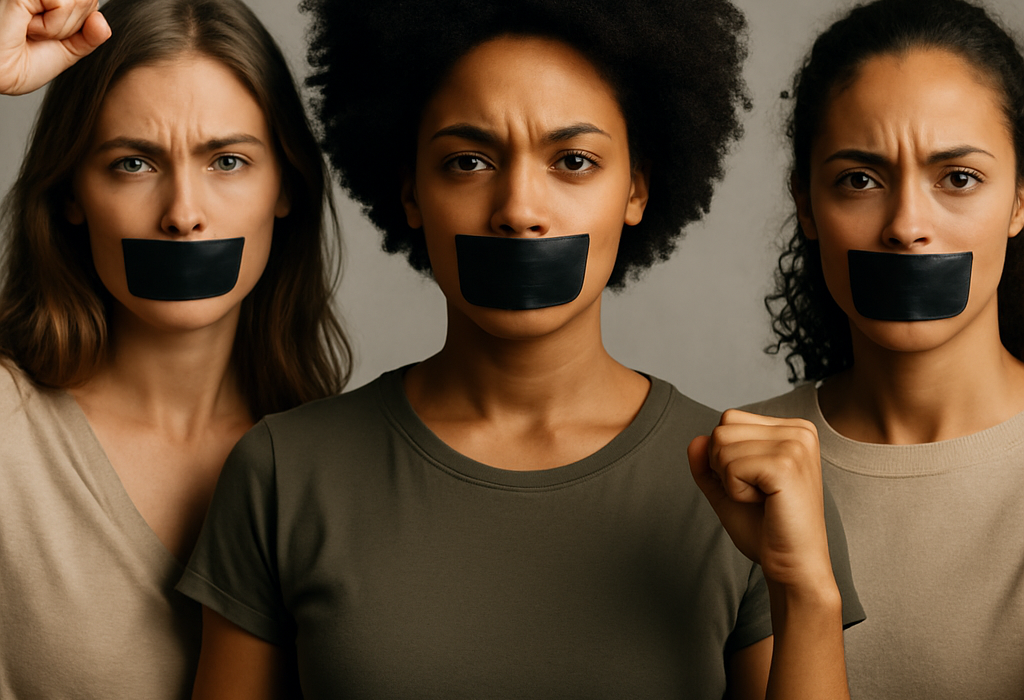


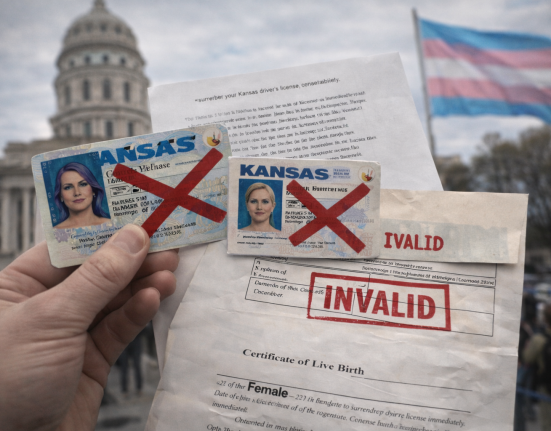
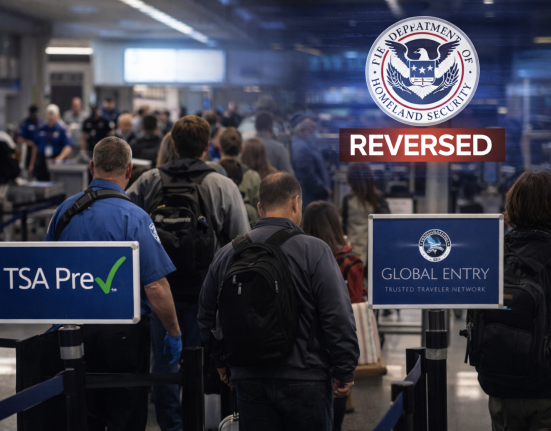
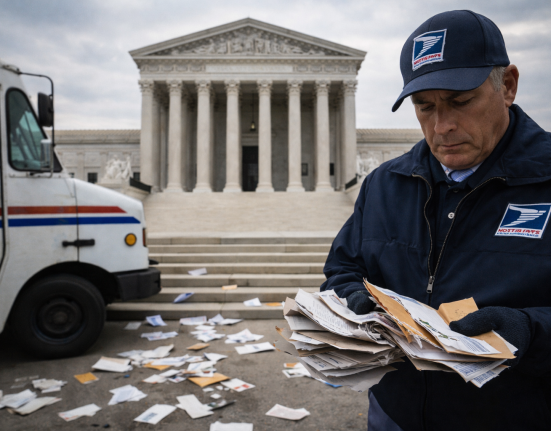
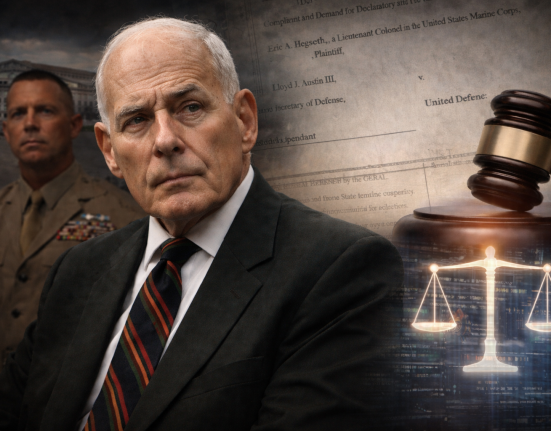
Leave feedback about this
You must be logged in to post a comment.